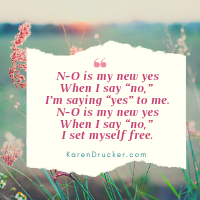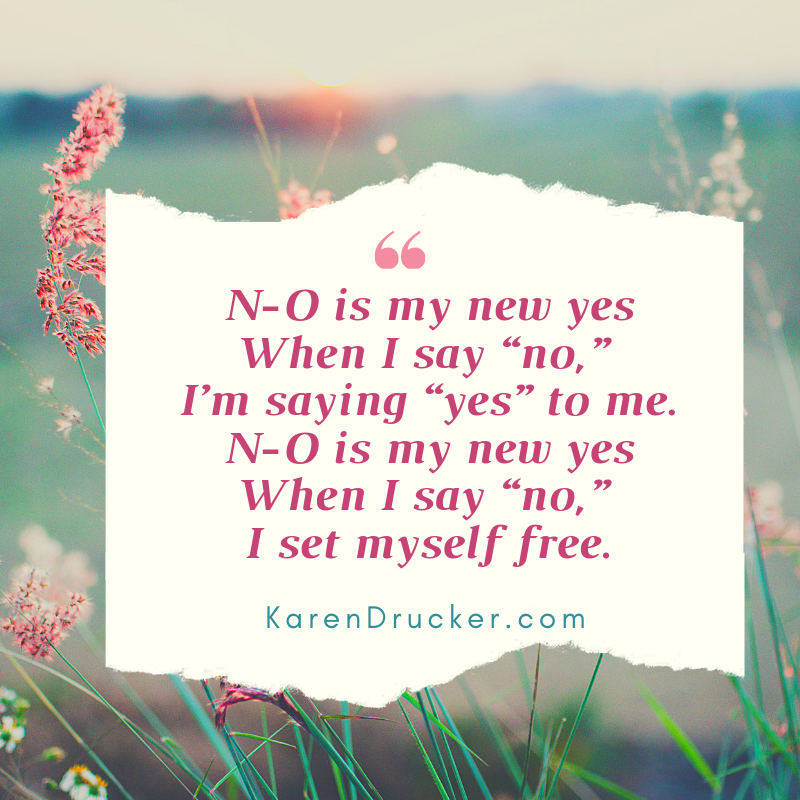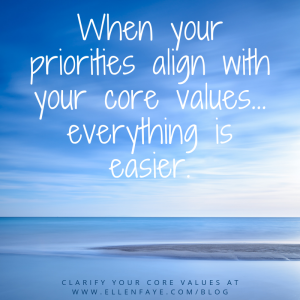24 Jul Success Formula Blog Course Week 6: Creating Your Very Own SUCCESS Formula
Look at how you filled your parking spaces last week. There are 10 spots. Our math savvy friends know that each spot is 10% of your disposable time. We will use this to create your formula.
Some of you may have created two parking lots. One that reflects how your life is today and one that reflects how you want your life to be. The one that reflects the way you want your life to be will drive your success formula.
You are creating a vision for success – a “SUCCESS FORMULA” based on
- your definition of success
- your unique focus areas
- your core values
- your aspirations.
Keep in mind that each spot is equal to 10% of your disposable time.
Now assign a percentage to each of your parking spaces…
Example:
- if you have 5 spots for work that’s 50%
- if you have 3 spots for family that’s 30%
- if you have 2 spots for self-care that’s 20%
This is my success formula:
What’s your success formula?
Here are some other examples to spark your creativity:
Now you have a visual based on YOUR DEFINITION OF SUCCESS.
Use Your Success Formula to Drive your Priorities
- Create a visual that is motivating and appealing
- Post your visual where you can see it daily
- Use your visual to drive how you spend your time, and how you set your priorities; ask yourself:
- Does saying yes to this support my success formula?
- If I say yes to this what will I be saying no to?
- Do the math – if something gets 10% of your formula then it gets 8-10 hours a week. If something gets 40% of your formula that is 32 to 40 hours a week. Try logging how you spend your time. You’ll be amazed at what you learn.
Integration: A key component of experiential learning (which is doing while learning, which is what we did in this blog course) is taking the time to integrate the learning. Here are some questions that can help you to integrate the learning:
- What did you figure out?
- What do you see differently?
- What one change will you make first?
Wishing you SUCCESS on your terms!
Creating Your Very Own Success Formula Blog Course Details – This is the 6th, and final, in a multi-series of posts. Check this post for the big picture. Future blog posts can be delivered to your inbox by signing up for my blog. And please continue to share this blog course with your friends and colleagues.



















